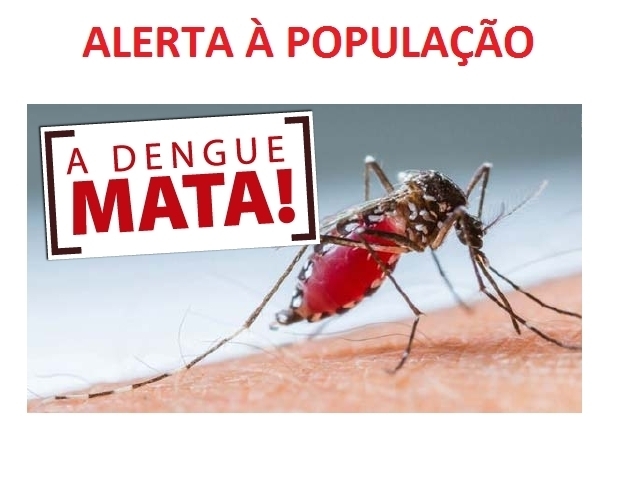Residents help control mosquitoes by eliminating “traditional” rainwater holding points in homes, such as drains, gutters, potted plants, and tires. But it is also necessary to check other containers, such as those that serve as water fountains for pets, such as dogs and cats for example.
Guidance was reinforced by the State Coordinator for Arbovirus Surveillance at SES-MG, Danielle Capistrano. People think that it is enough to change the water in these containers, but this is not enough. It should be washed with soap and water. The female mosquito lays her eggs on the wall of these containers that stick to the surface. With the water put there, these eggs can hatch and we have the start of the cycle through to the adult mosquito stage.
According to the curator, the ideal would be to wash the packaging with loofah and soap with the goal of completely removing mosquito eggs. “Given that the average cycle duration is seven days, it is recommended that brushing be done more frequently. When we have higher temperatures, the cycle can speed up, a situation where brushing at least twice a week is recommended,” he explains.
watching
In order to disseminate accurate data and information for the population of Minas Gerais, SES-MG publishes weekly in this location o Epidemiological Bulletin – Urban Arboviruses: Dengue, Chikungunya and Zika.
In the current scenario, Minas Gerais recorded 814 probable dengue cases in 2022, of which 178 were confirmed up to 1/20. With regard to chikungunya fever, 27 probable cases of the disease have been recorded, one of which has been confirmed. As for the Zika virus, there is only one possible case and no case has been confirmed. No deaths from dengue, chikungunya or Zika have been confirmed this year in Minas Gerais.
When analyzing the data, it is noted that the first epidemiological weeks of 2022 do not show a very large number of cases. However, this factor does not exclude the risk that the epidemic will continue to spread in this seasonal period, which began in December 2021 and ends in June 2022. The amount of rain that Minas Gerais received in January could cause many breeding sites. “The legislation states that municipalities have seven days to release case records. So, over the next few weeks, we should get an overview of how transmission of these diseases appears at this time of year,” explains the coordinator.
Danielle Capistrano warns that Minas Gerais experienced epidemic cycles of dengue fever in 2010, 2013, 2016 and 2019, and given the historical series, a new period of high cases may begin in 2022. “We monitor blood circulation in the laboratory and the rate of mosquito infestation in a method Regional, among other measures, aimed at measuring the risk and behavior of these diseases in this season of the year “The hot and humid climate is very favorable for Aedes breeding and we should avoid this as much as possible,” says the coordinator.
The warning point is the increase in chikungunya cases between 2020 and 2021. “It is important to remember that there was an outbreak of this disease in 2017, and after that, the number of cases decreased. This is a factor that draws attention. This is another reason for us to eliminate potential breeding sites, Pay attention to garbage disposal and pay attention to scrap yards,” he emphasizes. In 2021, there were 5,565 probable cases of chikungunya in Minas, of which 4,293 were confirmed.
Strategic actions and transformations
Since the end of 2021, SES-MG has been preparing for the seasonal period of arbovirus transmission. One of these actions was the publication of SES-MG Resolution 7733, dated 9/22/2021, which sets out strategic actions and the transfer of financial incentives to municipalities to help combat dengue, Zika virus, chikungunya and yellow fever. It is expected that R$40 million will be transferred to the municipalities.
Strategic actions aim to intensify prevention, control, control and response measures in the fight against sexually transmitted viruses before and during the seasonal period. Thus, integrated sanitary measures are implemented taking into account the following axes: surveillance (control of epidemics, insects, vector control and laboratories); health communication and social mobilization; care (primary care, secondary and tertiary care, pharmaceutical care); and management (inter-sectoral expression, input logistics and agreement between municipal and state governments).

“Wannabe internet buff. Future teen idol. Hardcore zombie guru. Gamer. Avid creator. Entrepreneur. Bacon ninja.”

